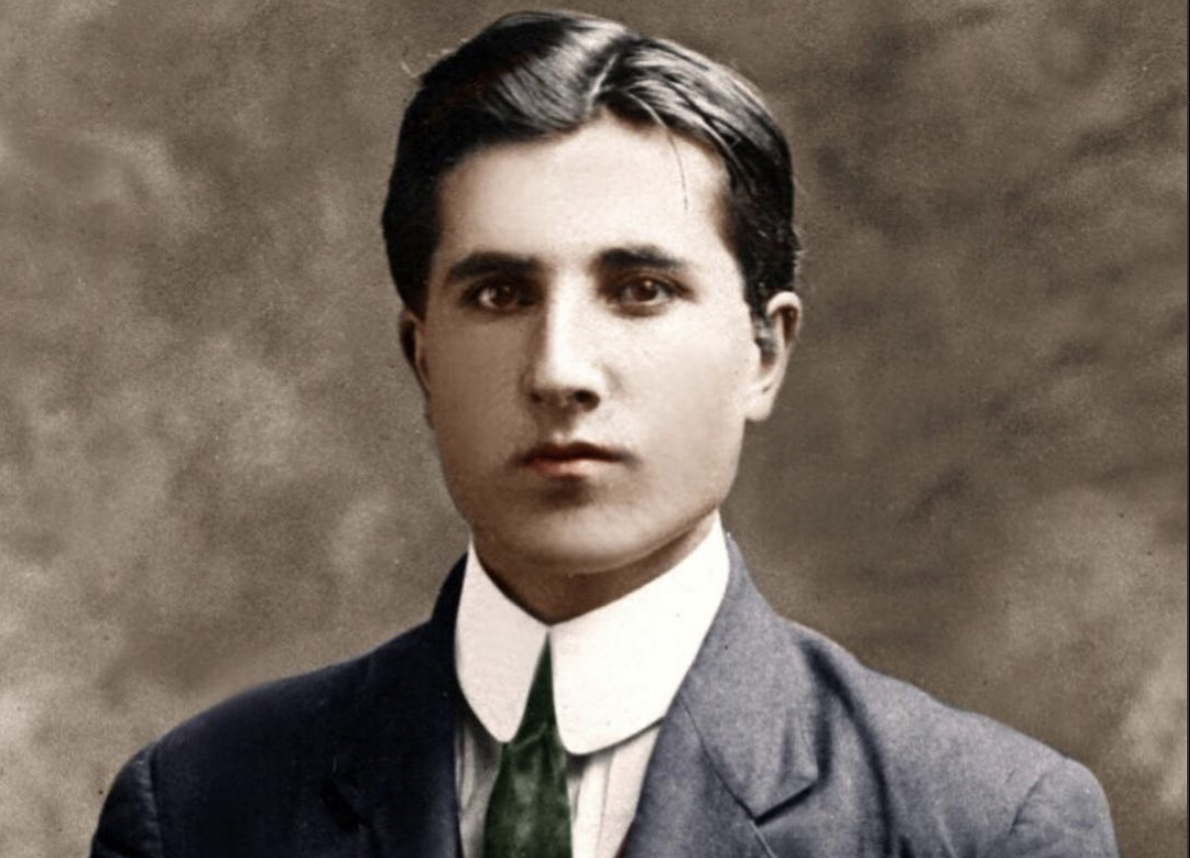The American Who Died for Iran’s Democracy: The Untold Story of Howard Baskerville

A Nebraska Native. A Persian Revolution. A Legacy of Courage
In the dusty streets of early 20th-century Tabriz, far from the quiet town of North Platte, Nebraska where he was born, a young American named Howard Baskerville made a choice that would cost him his life — and earn him a place in Iranian history as a martyr for freedom.
Today, most Americans have never heard of him. But in Iran, Baskerville is remembered with reverence, affection, and something close to awe. He’s been called “Iran’s Lafayette,” “the American hero of Iran,” and “the Christian soldier for Muslim liberty.” His story reads like a novel: part idealism, part tragedy, and wholly inspiring.
From Princeton to Persia
Born in 1885, Howard Baskerville was a well-educated and devout Christian who studied at Princeton under Woodrow Wilson. In 1907, seeking purpose and adventure, he accepted a teaching position at the American Memorial School in Tabriz, Iran — at the time, a hotbed of political upheaval.
Iran was in the throes of its Constitutional Revolution — a nationwide movement demanding a modern constitution, limits on royal power, and rule of law. The Qajar monarchy, backed by foreign powers, resisted these changes fiercely. Tabriz became a frontline city in the fight for democracy.
A Teacher Turns Freedom Fighter
Baskerville arrived to teach science and English, but it didn’t take long before he was deeply moved by the struggle around him. His students and neighbors were starving due to government sieges. Political activists were being executed. Injustice and repression were everywhere.
Despite warnings from the U.S. consulate to stay neutral, Baskerville famously declared:
“The only difference between me and these people is the accident of birth.”
In 1909, he resigned from his teaching post, joined the constitutionalist militia, and began training a volunteer army.
A Martyr Is Made
On April 19, 1909, during a skirmish outside the city walls, Baskerville was struck by a sniper’s bullet and died at the age of 24. His funeral, attended by thousands, was held with both Christian and Muslim prayers. Iranian revolutionaries buried him with full military honors.
For many Iranians, Baskerville wasn’t just a foreigner who helped — he was one of them, a brother in the fight for liberty. His sacrifice symbolized a rare moment of genuine solidarity between East and West, between an American idealist and a nation yearning to breathe free.
Legacy Beyond Borders
Today, Baskerville’s name graces streets, schools, and statues in Iran. He is still taught in Iranian history books as a symbol of courage, cross-cultural friendship, and sacrifice. His story has recently re-emerged in books and documentaries, reminding the world of a time when an American gave his life not for his own country, but for universal ideals of justice and democracy.
In an age when global relationships are often defined by conflict, Howard Baskerville’s story is a powerful reminder: sometimes, the greatest acts of diplomacy come not from politicians — but from people with heart, conviction, and a willingness to stand on the right side of history.

